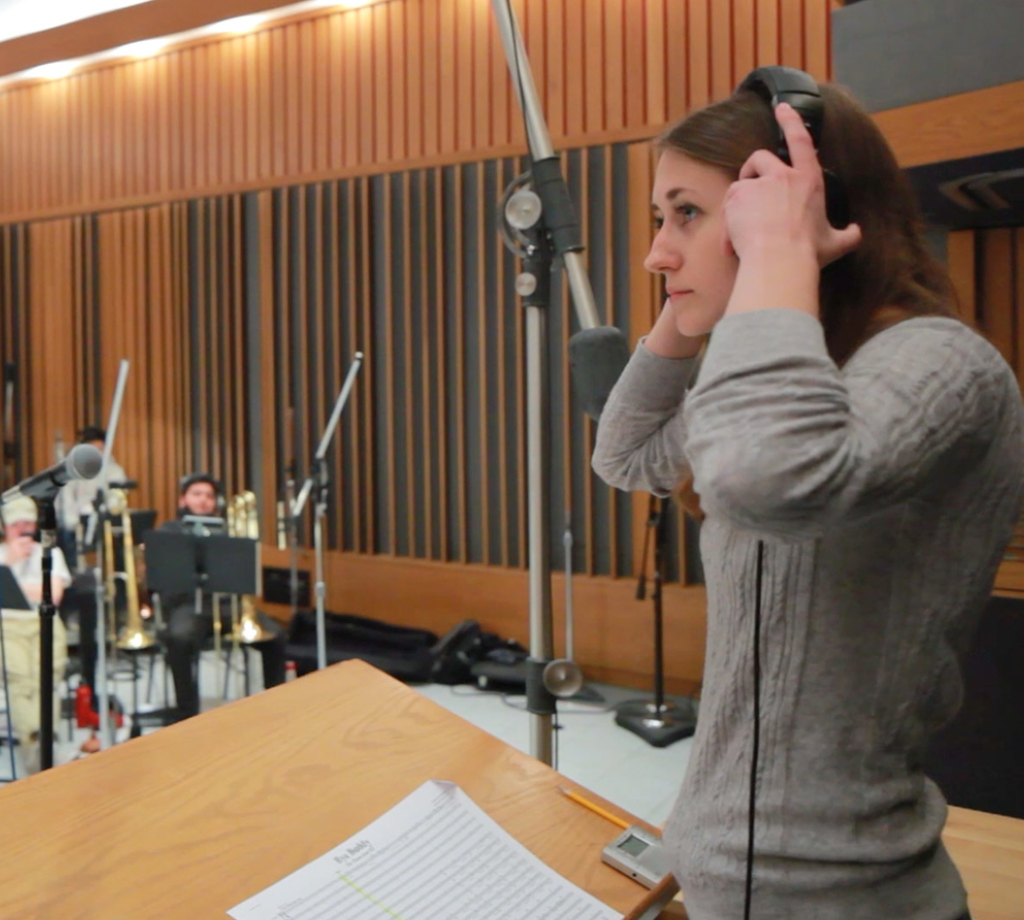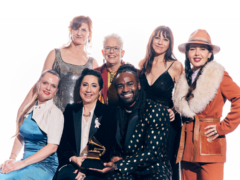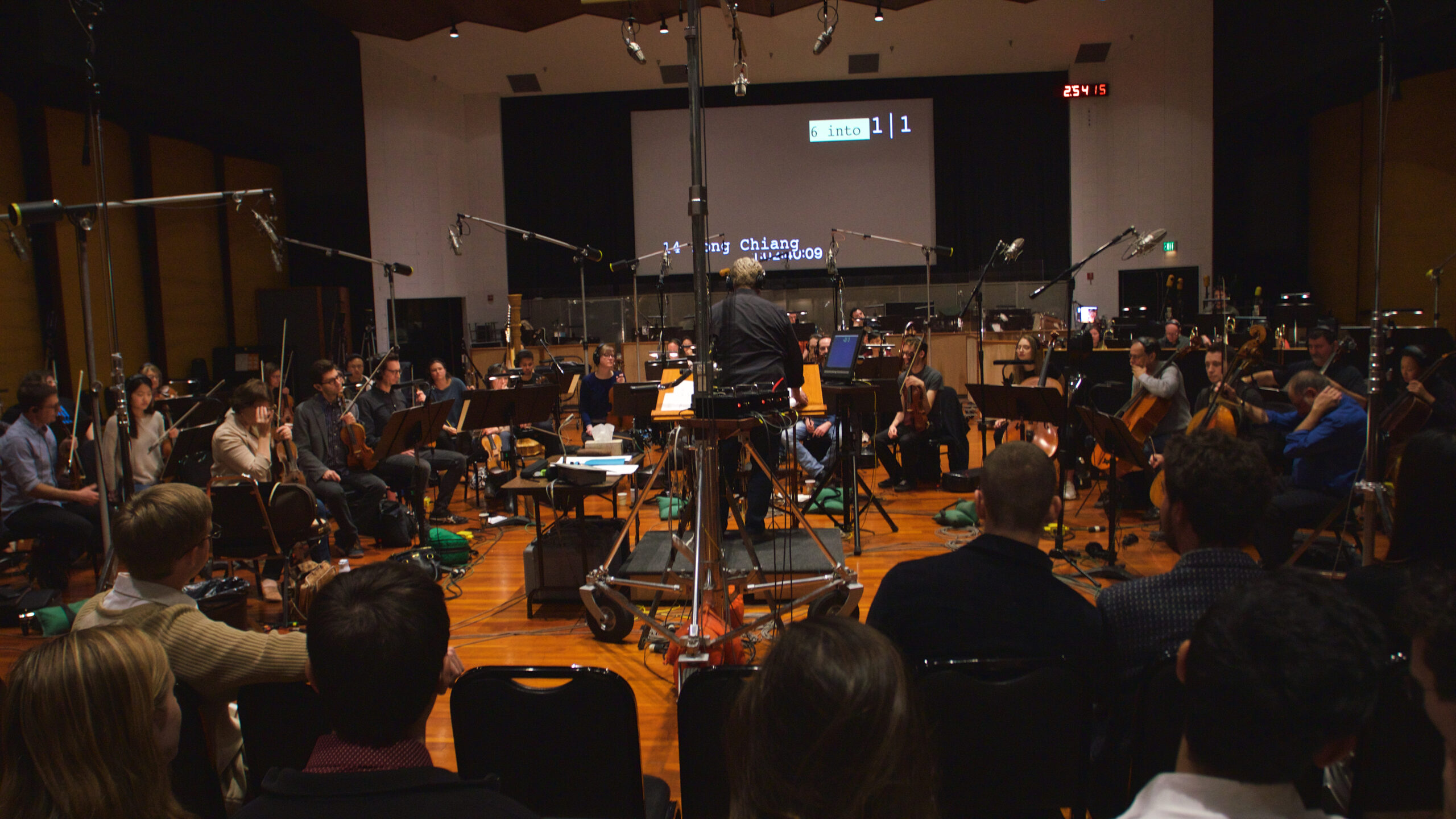
ACADEMICS
Screen Scoring
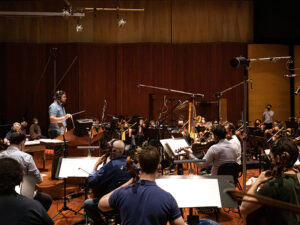
The USC Thornton Screen Scoring program is widely recognized as one of the world’s finest for musical composition in visual media. With a faculty comprised of working professionals in the film, television and video-game industries paired with a legacy that includes such luminaries as Buddy Baker, Elmer Bernstein, Bruce Broughton, Jerry Goldsmith, Morten Lauridsen, Laura Karpman, David Raksin and Jack Smalley, the USC Thornton Screen Scoring program offers its participants unrivaled practical experience and industry connections. Partnered with the USC School for Cinematic Arts, the screen scoring program provides student-composers the unique opportunity to collaborate with student-filmmakers, animators, and game designers in creating music for more than 100 annual film, television, animation, and game projects. These projects generally are created “in the box” or are recorded on USC’s John Williams Scoring Stage with Thornton student-musicians. Additionally, as part of their course work, our student-composers record approximately a dozen scoring projects with professional studio musicians and engineers on Hollywood-area scoring stages. These include the Georges Delerue Memorial Scoring Session (52 players) and the capstone recording session (64 players), both of which normally take place on the Clint Eastwood Scoring Stage at Warner Bros. Studios. To learn more, go to the website for the USC Thornton Screen Scoring program.
Graduate Programs
Master of Music
Screen Scoring
2 semesters | 36 units
This two-semester master’s program focuses on the art and craft of composing, orchestrating, programming, conducting, producing, recording, mixing, editing, copying and integrating music for screen-based media, including motion pictures, television programming, video games, Internet fare and other new visual media. Classes are also offered in technology, entrepreneurialism and the business of making movies.
Refer to the USC Catalogue for complete course descriptions and degree requirements.
Screen Scoring Faculty
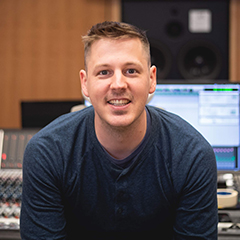
Christian Amonson
Music Technology; Screen Scoring
Amy Andersson
Screen Scoring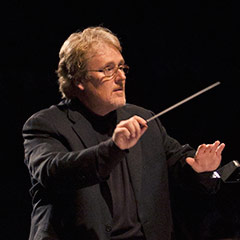
Pete Anthony
Screen Scoring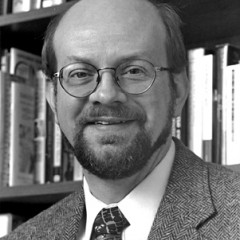
Jon Burlingame
Screen Scoring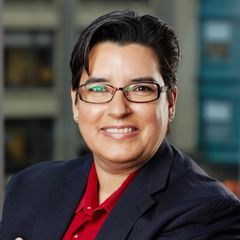
Jeanine Cowen
Screen Scoring
Patrick Kirst
Screen Scoring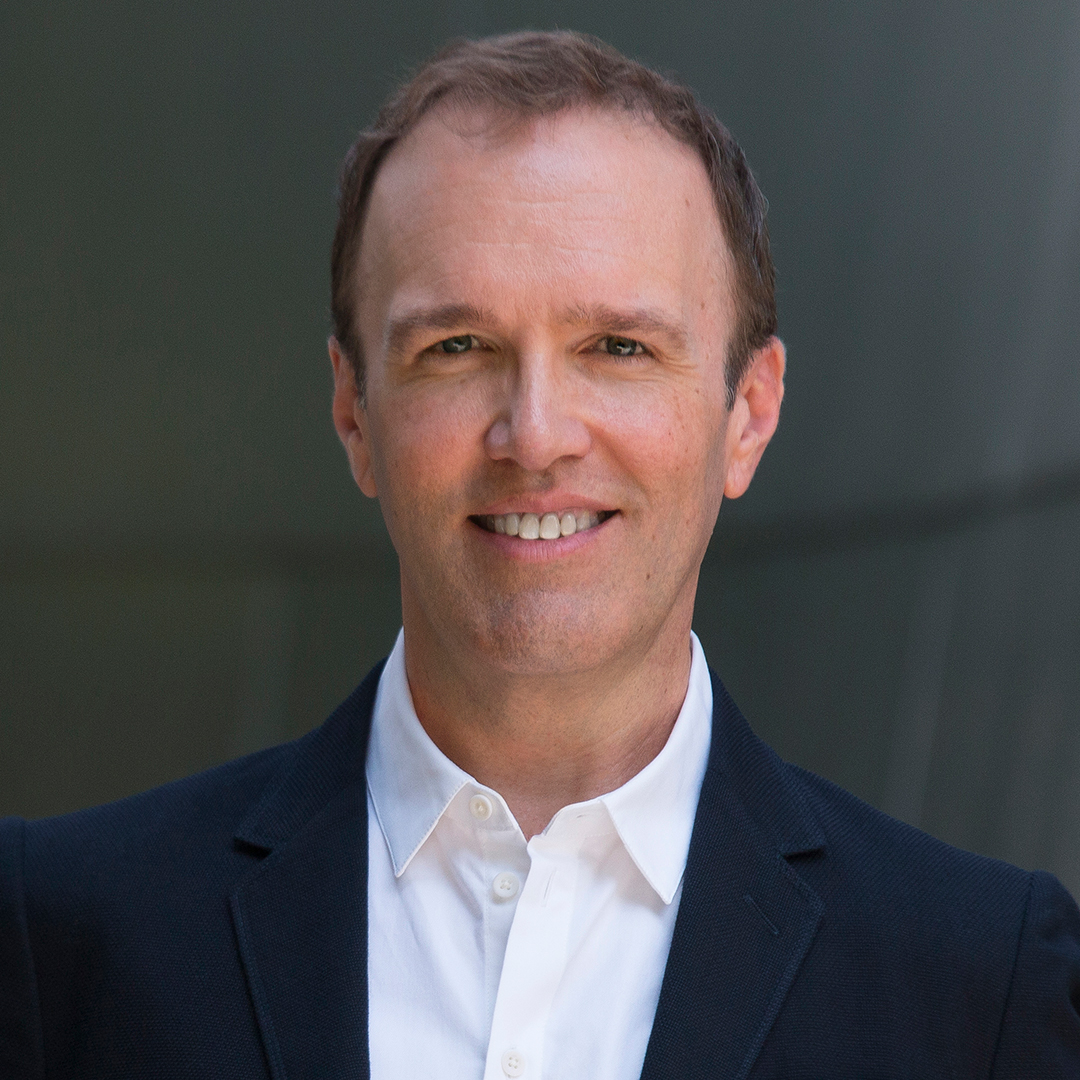
Michael McCuistion
Screen Scoring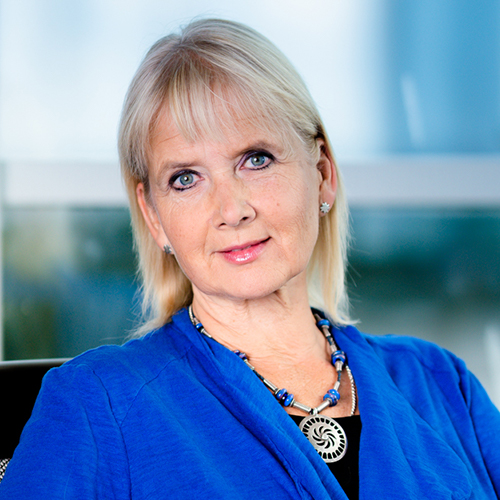
Lolita Ritmanis
Screen Scoring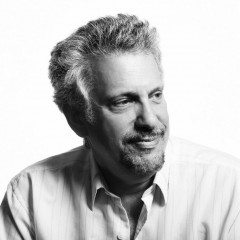
Garry Schyman
Screen Scoring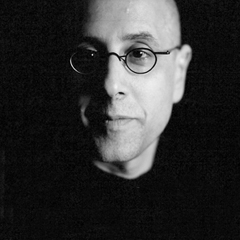
Lawrence Shragge
Screen Scoring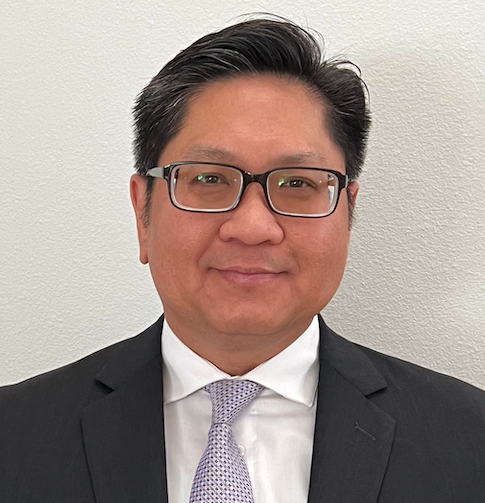
Thanh Tran
Music Technology; Screen Scoring
Christopher Young
Screen Scoring

Spotlights
see allNews
-
Anastasia Listopadova earns ten international film music awards shortly after graduation
-
Angela Little scores Jo-Anne Brechin’s “Killer Whale”
-
Ludwig Göransson & Raphael Saadiq nominated at 98th Academy Awards
-
Ludwig Göransson wins Best Original Score – Motion Picture for “Sinners” at 83rd Annual Golden Globe Awards

Contact
Jeanine Cowen, chair
Khafre Johnson, coordinator
TMC 118
(213) 740-3224
contemporary.music@usc.edu
